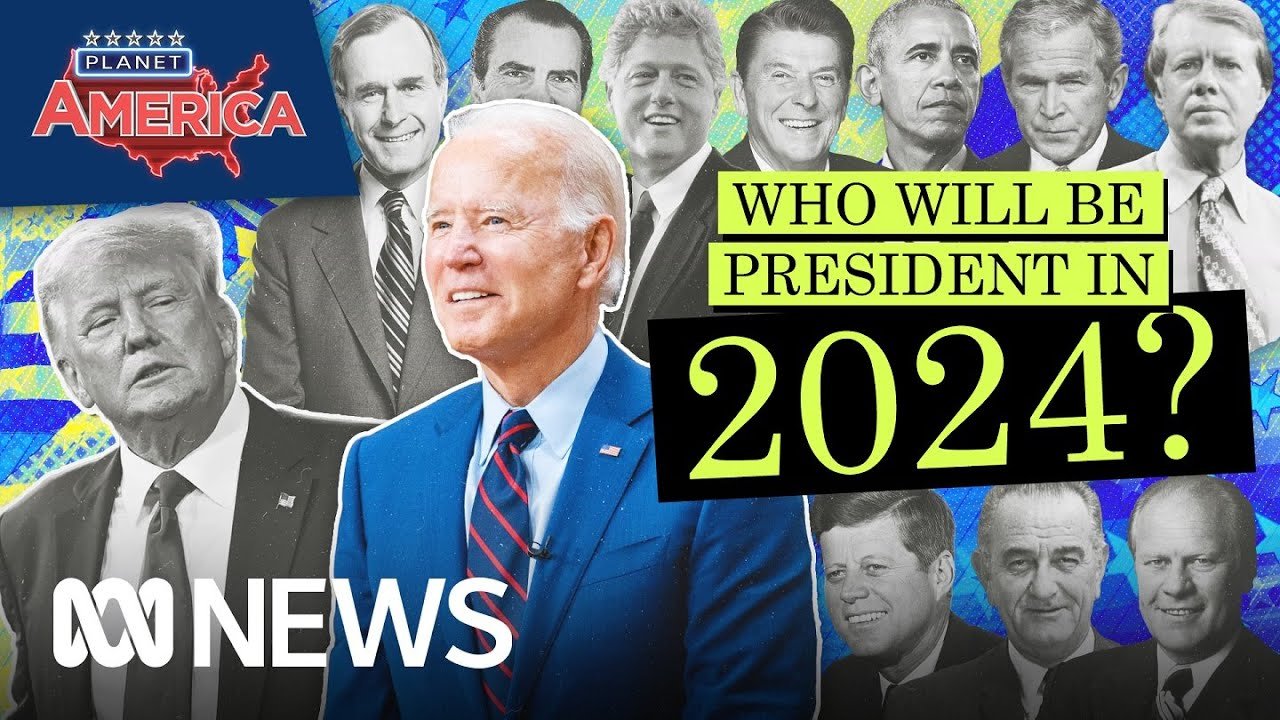Introduction
As the 2024 election approaches, the United States finds itself at a crossroads. The stakes are higher than ever, with issues ranging from the economy and healthcare to climate change and social justice dominating the national conversation. This election will not only determine the direction of the country for the next four years but will also shape the political landscape for generations to come.
The Candidates: A Closer Look
The 2024 election features a diverse array of candidates, each bringing their own vision for America. On the Republican side, [Candidate Name] has emerged as a strong contender, advocating for traditional conservative values, economic deregulation, and a strong national defense. Their platform emphasizes the need for economic growth through tax cuts, reduced government spending, and a focus on national security.
The Democratic candidate, [Candidate Name], offers a contrasting vision centered on progressive policies aimed at addressing income inequality, expanding access to healthcare, and combating climate change. Their platform includes proposals for a Green New Deal, universal healthcare, and significant investments in education and infrastructure.
Independent and third-party candidates are also playing a crucial role in this election, appealing to voters who are dissatisfied with the two major parties. These candidates often emphasize issues like campaign finance reform, civil liberties, and government accountability, drawing support from a diverse coalition of voters.
Key Issues Driving the Election
- The Economy: The state of the economy remains a top concern for voters. With inflation, job creation, and income inequality at the forefront, candidates are presenting starkly different economic strategies. The Republican platform focuses on free-market solutions and deregulation, while the Democrats are advocating for government intervention to promote economic justice and stability.
- Healthcare: Healthcare continues to be a critical issue, with debates over the future of the Affordable Care Act, prescription drug prices, and access to care. The Democratic candidate is pushing for an expansion of healthcare access, potentially through a public option or even a move toward Medicare for All. The Republican candidate, on the other hand, is calling for reforms that prioritize choice and competition in the healthcare market.
- Climate Change: Climate change has become an increasingly urgent issue, particularly among younger voters. The Democratic platform includes ambitious plans to transition to renewable energy, reduce carbon emissions, and invest in sustainable infrastructure. The Republican candidate, while acknowledging the importance of environmental stewardship, emphasizes the need to balance environmental goals with economic growth.
- Social Justice and Civil Rights: Issues of social justice, including racial equality, LGBTQ+ rights, and criminal justice reform, are at the heart of the Democratic platform. The Republican candidate, while supporting law and order, is also appealing to voters with a message of national unity and traditional values.
- Foreign Policy: On the global stage, the candidates present different approaches to foreign policy. The Republican candidate advocates for a strong military presence and a focus on American interests, while the Democratic candidate emphasizes diplomacy, international cooperation, and addressing global challenges like climate change and human rights.
The Voters: A Changing Electorate
The 2024 election is set to be influenced by a more diverse electorate than ever before. Millennials and Generation Z are expected to make up a significant portion of the voting population, bringing with them new priorities and perspectives. Issues like climate change, student debt, and social justice resonate strongly with these younger voters, potentially shifting the political landscape.
At the same time, the influence of suburban voters, particularly women, is likely to be a key factor in determining the outcome of the election. Their concerns about healthcare, education, and the economy will play a crucial role in shaping the candidates’ messaging and strategies.
Conclusion
The 2024 election is more than just a contest between candidates; it is a reflection of the nation’s values, priorities, and vision for the future. As Americans head to the polls, they will be making a choice that will define the direction of the country for years to come. Whether it’s the economy, healthcare, climate change, or social justice, the issues at stake are profound, and the decisions made in this election will have far-reaching consequences.
